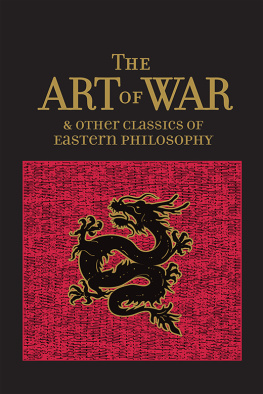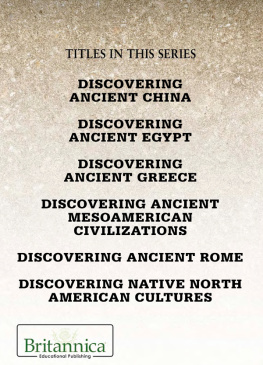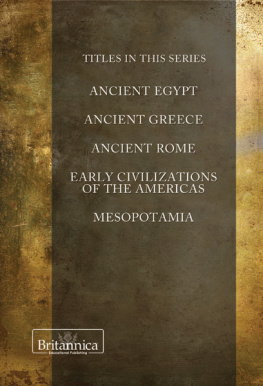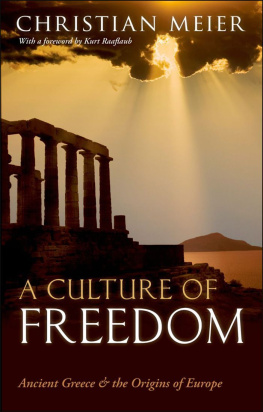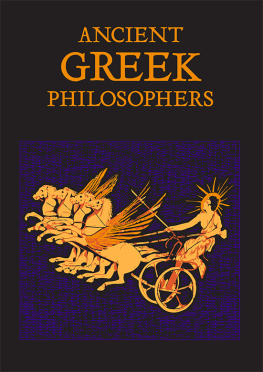The Delusions of Invulnerability
CLASSICAL INTER/FACES
Series editors: Susanna Braund and Paul Cartledge
Also available
Gender and the Interpretation of Classical Myth
Lillian E. Doherty
Lucretius and the Modern World
W.R. Johnson
Pity Transformed
David Konstan
Platos Progeny
Melissa Lane
Radical Theatre
Rush Rehm
Translating Words, Translating Cultures
Lorna Hardwick
THE DELUSIONS OF
INVULNERABILITY
Wisdom and Morality in Ancient
Greece, China and Today
G.E.R. Lloyd

Bloomsbury Academic
An imprint of Bloomsbury Publishing Plc
50 Bedford Square | 1385 Broadway |
London | New York |
WC1B 3DP | NY 10018 |
UK | USA |
www.bloomsbury.com
Bloomsbury is a registered trade mark of Bloomsbury Publishing Plc
First published in 2005 by Duckworth & Co. Ltd.
G.E.R. Lloyd 2005
G.E.R. Lloyd has asserted his right under the Copyright, Designs and Patents Act,
1988, to be identified as Author of this work.
All rights reserved. No part of this publication may be reproduced or transmitted in
any form or by any means, electronic or mechanical, including photocopying, recording,
or any information storage or retrieval system, without prior permission in writing
from the publishers.
No responsibility for loss caused to any individual or organization acting on or
refraining from action as a result of the material in this publication can be accepted by
Bloomsbury or the author.
British Library Cataloguing-in-Publication Data
A catalogue record for this book is available from the British Library.
eISBN-13: 978-1-8496-6786-9
Library of Congress Cataloging-in-Publication Data
A catalog record for this book is available from the Library of Congress.
Contents
Preface
The ancient and the modern worlds seem poles apart, and from the point of view of the material circumstances of many peoples existence, they are. But a number of fundamental questions, concerning what makes life worth living, and how social and political relations are best organised, were debated in such civilisations as ancient Greece and China and the answers that were given are worth reviewing for the light they can shed on the problems we continue to face today. Of course not everyone in such ancient societies formulated views on such matters, and this raises a further set of questions as to how those who did saw their own role. How did individuals carve out a niche for themselves to take up positions on basic questions of values and ideals? Whom were they hoping to persuade, and how did they set about doing so?
The strategic aim of this book is to explore what we can learn from the ancient world on questions that continue to haunt us today. My tactics are to begin, in the first three chapters, with issues to do with the constitution, organisation, internal rivalries, self-image and public face, of learned elites. How were different traditions of learning developed? Where do they resemble or differ from the various styles of philosophy we can exemplify in the modern world? Are our ideas and practices concerning the recruitment to, and accountability of, elite groups such as philosophers or scientists appropriate to the ends and functions they should serve? What can we gather from ancient communication practices with audiences of different types that may throw light on modern ones? I concentrate, in these studies, on ancient Greece and China, but broaden my inquiry, where opportunities present themselves, to other ancient and pre-modern societies, notably Mesopotamia.
In the final three chapters I turn to the question of ideals. I examine first ancient, and modern, preoccupations with attempts to make life somehow secure from misfortune to achieve invulnerability, no less. I probe the difficulties that societies have always found in ensuring just and equitable relations between individuals and groups, and with other societies, whether powerful or weak. Finally I reflect, from a modern perspective, on the various exemplary models for living that have been proposed in ancient civilisations.
In all six studies I investigate ancient societies not just for their own sakes, but to draw out lessons from their experience that bear on our own ongoing, contemporary, problems. My inquiry has been driven, throughout, by the conviction that research into the ancient world can provide a precious resource for our own self-understanding.
Earlier versions of some of the materials in this book have been presented at seminars in Paris, Lille and Washington D.C. I am grateful to my hosts on those occasions, Professors Christian Jacob, Andr Laks and Gregory Nagy, and to my audiences, for their constructive comments, while absolving them, as is customary, for the shortcomings that remain.
G.E.R.L
1
The Pluralism of Philosophical Traditions
One of the striking features of intellectual life in the last hundred years or so is the way in which quite diverse traditions of philosophy have been cultivated in different countries. That is true even within different European countries, before we go any further afield, say to North America, let alone to India, or to what is still often sweepingly referred to as the Far East.
This is not just a matter of the particular fads and fashions cultivated in the philosophical journals in different languages: it is a matter also of what counts as philosophy, of the way it is taught, the basic curricula of departments of philosophy in the universities. To speak personally, for a moment, in the Cambridge of the early 1950s, where I received my philosophical formation, almost no attention was paid, in the Faculty of Moral Sciences (as it was then known), to large areas of continental philosophy, including phenomenology and even existentialism. True, some reference to Sartre was made in the English faculty, for they ran a paper called The English Moralists, which began, astonishingly, with Plato and Aristotle. But in those days in Cambridge, the history of philosophy was sharply contrasted with doing philosophy proper. The former was devalued as essentially antiquarian: the latter was the real thing, to be practised in the style of the Wittgenstein of the Philosophical Investigations.
So one of the most shocking features of the divergence in European traditions of philosophy was the almost total silence, from those who taught philosophy at Cambridge, about Heidegger, about Nietzsche, even about Hegel. But it was not just a question of philosophy finding it difficult to travel northwards across the Channel, for it could be just as difficult going South. Philosophy faculties in France took almost as long to take seriously British or American analytic philosophy in the style of A.J. Ayer or J.L. Austin or W.V.O. Quine as it did British and some American professors to pay adequate attention to much continental philosophy.
My opening remarks serve as a warning. Although in popular opinion, in many European countries especially, philosophy is supposed to be a clearly defined activity, a well-established discipline, part of what everyone should be familiar with if they are to count as decently educated,
Next page

